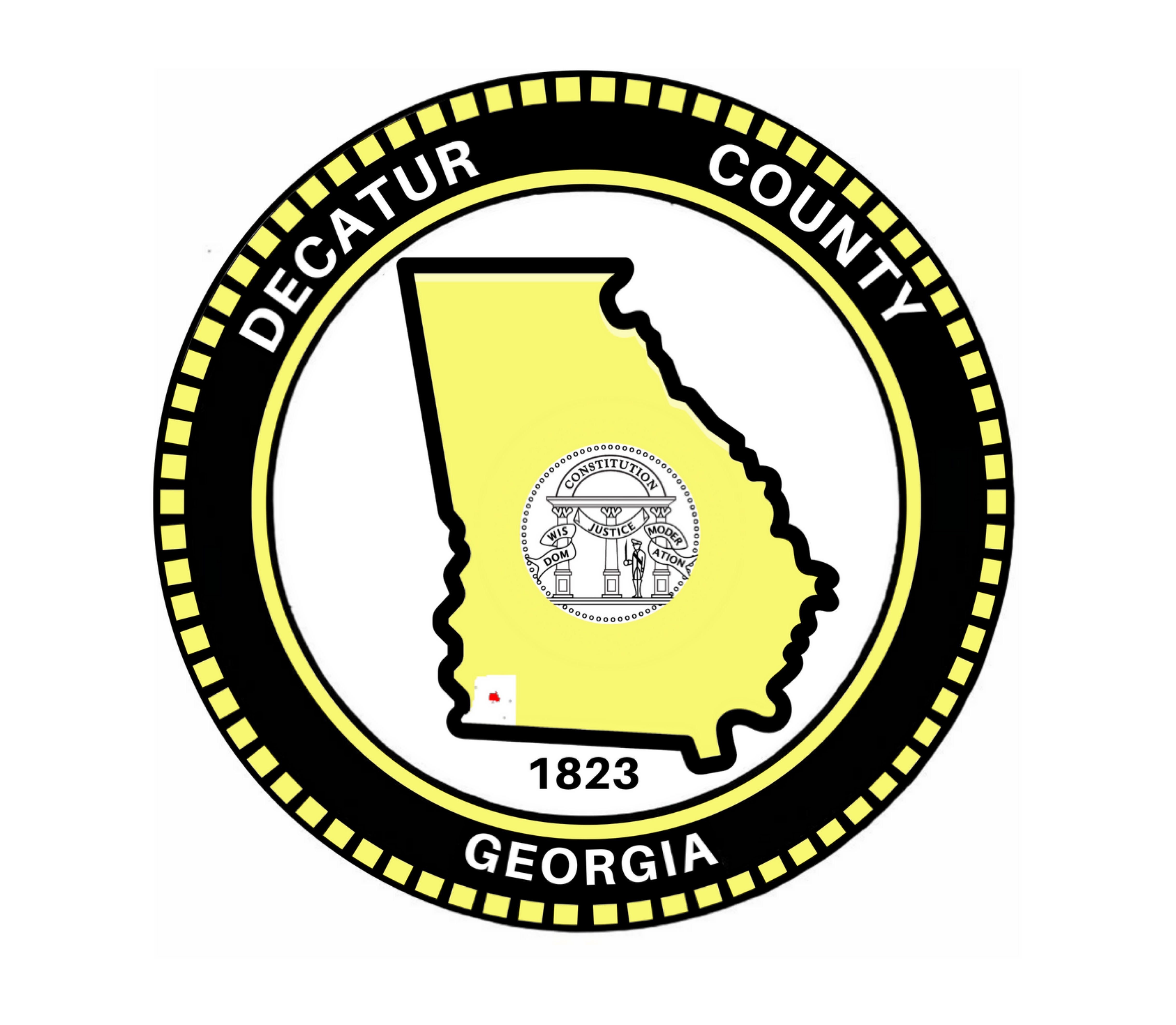Counties getting help from FEMA
Published 2:32 pm Friday, May 15, 2009
Government officials in Decatur and Seminole counties are taking steps toward fixing the damage caused by flooding, heavy rainfall and severe weather in March and April.
On Monday, representatives from both counties’ governments, as well as other community interests, met with Federal Emergency Management Agency officials in Bainbridge to learn about the process for applying for federal money to help with disaster recovery.
After Tropical Storm Fay in 2008, Decatur County had to spend more than $600,000 to repair damage because the county was not included in a presidential disaster declaration. This time around, both local governments and private citizens are eligible to receive assistance from the federal government.
Both Decatur and Seminole counties are among the areas that have enough damage to become eligible for public assistance, money that can be used to repair infrastructure such as roads, bridges and government buildings. The federal government will contribute 75 percent of the costs to restore damaged infrastructure to its pre-disaster condition, said Fred Rounsaville, a public assistance coordinator with FEMA who is leading a team of six federal officials who will be working in the area during the next few months.
The remaining 25 percent of the costs will be split between the State of Georgia and local governments, which varies depending on an area’s per capita income and the extent of damage there.
Now that government officials understand the variety of costs that can be reimbursed by FEMA, they are now starting the large amount of associated paperwork, Decatur County Administrator Tom Patton said.
Before undertaking any of the repair projects local governments want to do, they must file a project work description with the Georgia Emergency Management Agency, which is assisting FEMA. Although preliminary damage assessments were made shortly after flooding occurred in April, the Georgia Department of Transportation will be taking a closer look at damage to a number of local roads affected by flooding, either from the Flint River or heavy rainfall events, Patton said.
Some of the short-term projects, defined by FEMA as those costing $62,000 or less and taking six months or less to complete, that Decatur County could undertake include debris removal and emergency protection measures, such as any prior or planned work to fix road culverts or ditches.
The county’s Road Department has been and continues to stay busy repairing roads damaged by floodwaters and rain, Patton said. Employees’ overtime and repair and material costs incurred during the disaster period, March 26 to April 12, are eligible for reimbursement by FEMA, Rounsaville said.
Some of the long-term projects, defined by FEMA as those costing more than $62,000 and taking up to 18 months to complete, could include replacing a leaky roof on the Decatur County Courthouse Annex, repaving of the massively damaged Slough Loop Road, and buyouts of homes that are at high risk for repeat flooding, Patton said.
“We made a temporary fix to restore the [Slough Loop subdivision’s private] water system after the floodwaters went down,” Patton said. “We are planning a more permanent fix, which would include fixing the road banks.”
Both Decatur County and the City of Bainbridge have been working on updating their floodplain maps, which dated back to the mid-1990s, and plan to adopt new versions this fall, according to officials.
Floodplain management is another area that could be covered by FEMA’s disaster relief program. Both local governments are actively planning to get federal assistance with mosquito control due to an outbreak of the insects associated with the more than 14 inches of rain received locally during the disaster period.
For more information or to apply for individual disaster relief, visit www.Disaster Assistance.gov online or call (800) 621-FEMA ((800) 621-3362).
Brennan Leathers can be reached by e-mail at brennan.leathers@thepostsearchlight.com, or by telephone at (229) 246-2827, Ext. 115.





